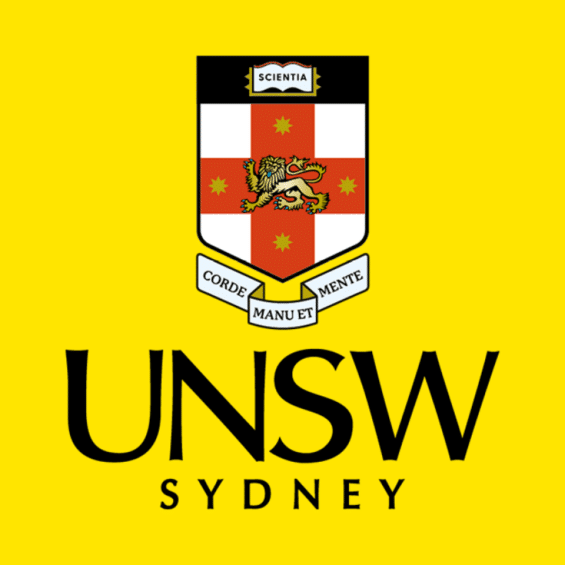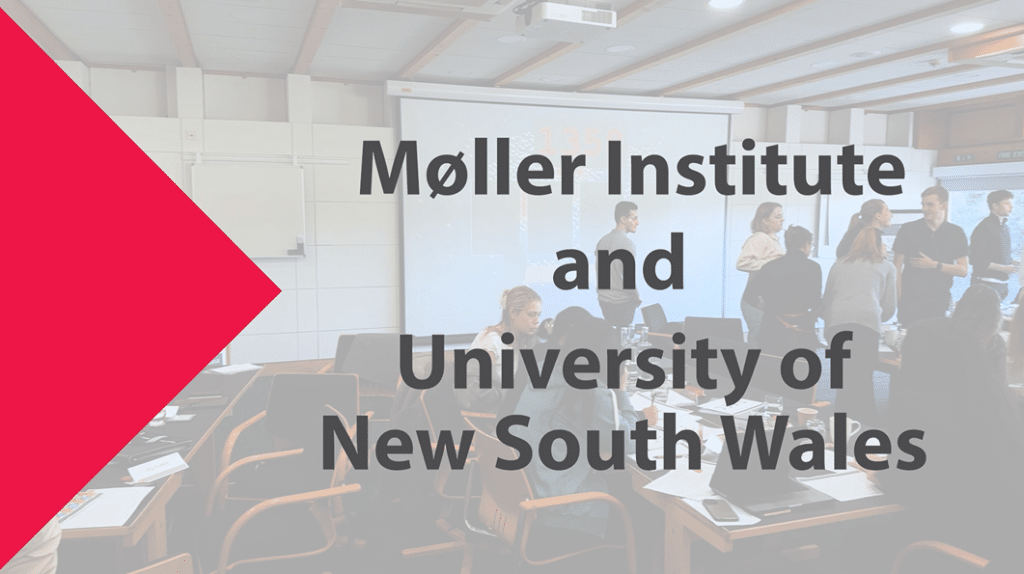Founded in 1949, the University of New South Wales (UNSW Sydney) is one of the top institutes for further education in Australia and is the number one Australian university attended by start-up founders, bolstering its reputation as a leader in research and innovation.
UNSW Sydney is ranked in the top 20 universities worldwide (2024 QS World University Rankings) and prides itself on addressing the world’s challenges to make a positive global impact. Named Australia’s most employable university for five consecutive years (AFR Most Employable University at Top100 Future Leaders Awards 2020, 2021, 2022, 2023 and 2024), it consists of six faculties – Art, Design and Architecture, Business, Engineering, Law and Justice, Medicine and Health and Science, and 47 schools across four campuses providing world-class education.
UNSW Sydney’s motto is “Scientia corde mente et manu” – Knowledge by Heart, Mind and Hand, underlining the university’s commitment to serving society through knowledge sharing and new discovery.


